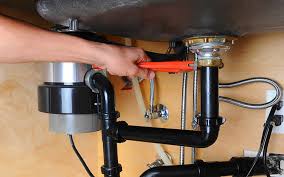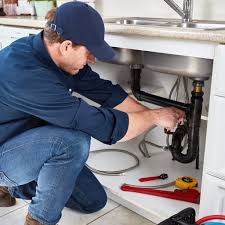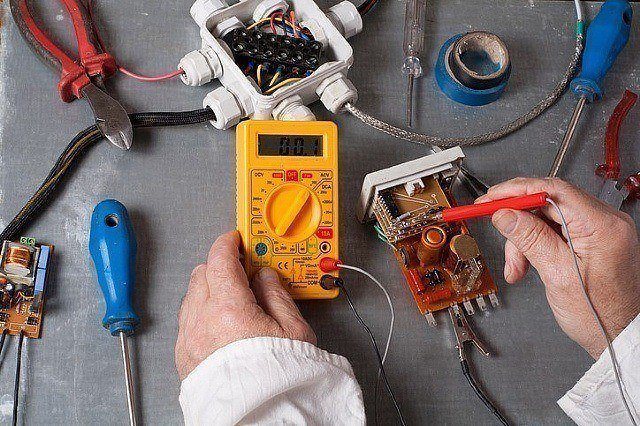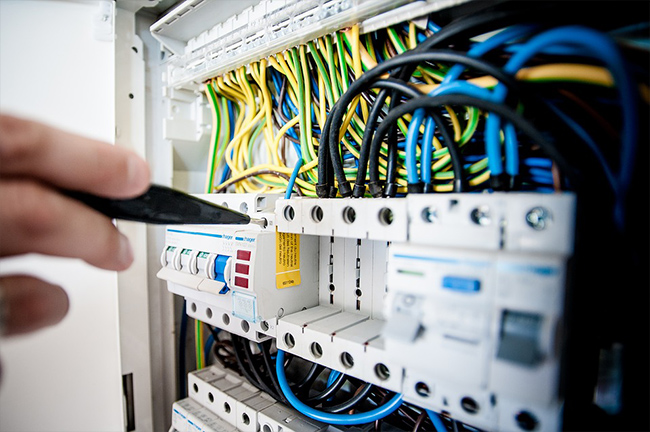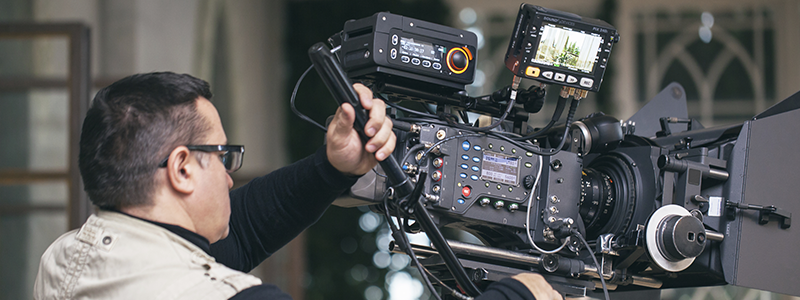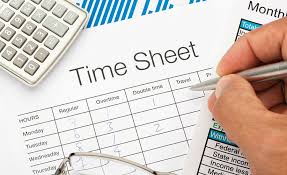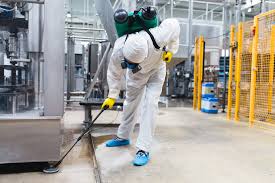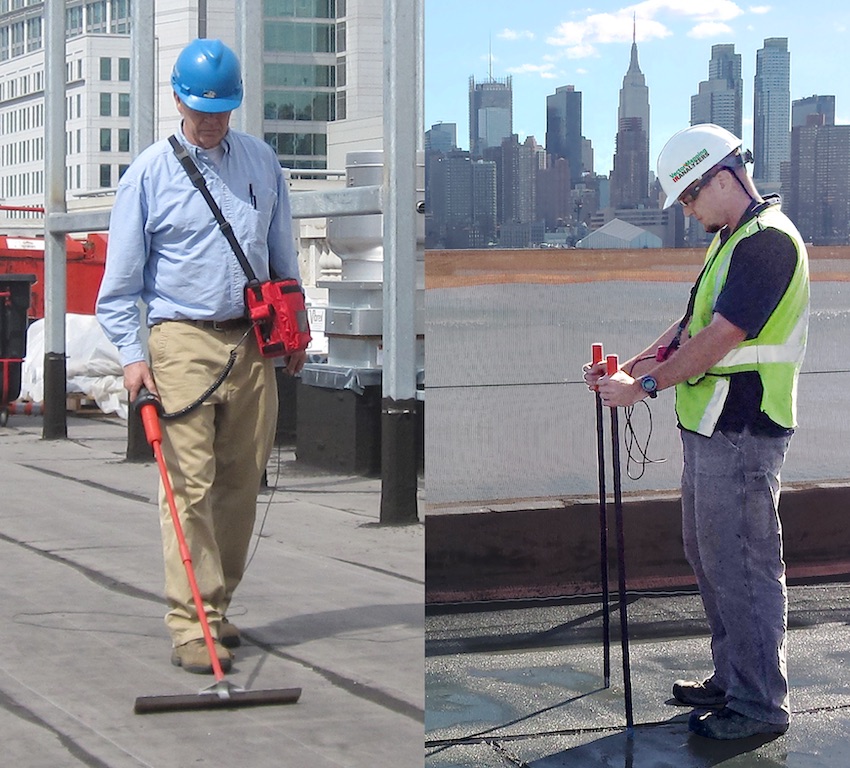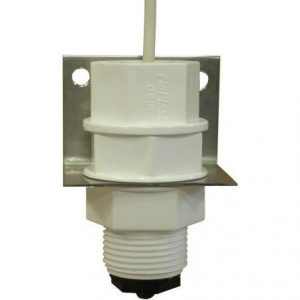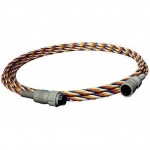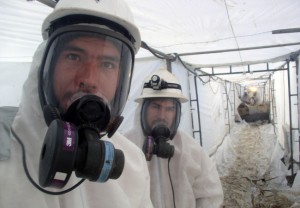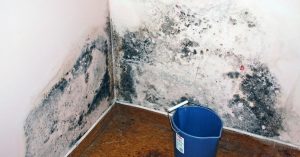How to Choose a Window Cleaner
EXPERIENCE
• Find out how long they have been in business. Make sure that they have an established business, not one that was started last month. It doesn’t take much to start a window cleaning business, but it takes hard work and satisfied customers to stay in business for a long time.
• Make sure they wash windows all year long (when temperatures are above freezing) and are not washing windows just as a summer job or second job.
• Be careful about franchises, they are great for fast food but not for window cleaning. Quality, experience, and customer service vary with each owner. The original business may have been great with high standards, but your experience with the local franchise may be less than stellar
PROFESSIONAL
• You should expect your window cleaners to be presentable. They shouldn’t be wearing jeans with holes, cut-off sleeves or other clothes that do not have a clean appearance.
• A professional window cleaner will not smoke on your property or smell of smoke.
• A professional window cleaner will have a vehicle dedicated to the business which is marked with the business name. They shouldn’t be working out of the trunk of their car.
• The way a window cleaner presents himself/herself is representative of how your windows will be cleaned.
CUSTOMER SATISFACTION
• You want to make sure that the company or window washer you choose verifies with their customers that they are satisfied with their windows.
• Make sure that the window cleaner stands behind their service. A good window cleaner will come back if you find something wrong or something that was missed. Everyone makes mistakes and good window cleaners will return free of charge to correct the problem.
• You want a customer focused business that has window cleaners that take the time and care to do the job right the first time, not one that will do a rush job trying to get to the next site.
PROTECTION
Before you let any window washer on your property make sure that they are insured. In the unlikely chance of them damaging something or of someone getting injured, for example, from a falling ladder or a moving motor vehicle, you should have the peace of mind that they have the insurance to cover any damages. They should have liability insurance, not just auto insurance. Any professional window cleaning business will have insurance, if they don’t you should find someone else.
PRICE
• Quotations for your home or business should be free so that you can decide based on price and other factors listed in this guide who you should hire to clean your windows.
• All quotations should be the actual expected cost to do the job. They should not be low-balling the cost in order for you to choose them only to surprise you with additional costs later. If something was missed, a good window cleaner will contact you before doing any work that will cost you more money.
• You should expect the window cleaning business to tailor the quotation to your needs and budget such as only doing the outside or only doing windows above ground floor.
• The old adage that “you get what you pay for” holds true for window cleaners. The lowest quotation will probably be of lower quality and more of a rush job as that cleaner has to get to the next job as soon as possible to maximize profits. Look for a balance of price, experience, reliability, and customer satisfaction.
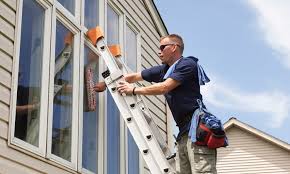
TOP TIPS FOR CHOOSING A WINDOW CLEANING COMPANY
We have all been there when we try to clean our windows, and we cannot reach some parts of the windows. In the end, you notice that you still have some of the areas within the window that are dirty. How can you ensure that you get quality window cleaning services? It will be a question that you will look for its answers immediately you find out that it is hard for you to conduct this cleaning service. For you to find quality window cleaning services, you have no option rather than hiring a professional window cleaning company.
If you decide that you are going to look for an experienced window cleaning company, make sure that you identify the right factors you should put into consideration because we have various companies out there providing the same cleaning services. The first step that will help you to identify the right company is conducting research. Through your research, you are likely to know a lot of information about window cleaning and some of the reputable companies that you need to hire
Documentation
Whenever you are in search of any company, one of the things that you should never forget to check or ask is the documentation. You need to be sure that you are dealing with experts who are qualified, and they should have their certification. When we are talking about certification, we mean that a company in question here should provide all the documents that indicate whether the services it offers are legal and quality. For those companies that will not be willing to show you their certifications, make sure that you move ahead and look for other qualified companies.
Check References
Any cleaning company worth their title should be able to offer you with first-person references. But if you find out that they are not ready to provide this, then you should not think twice but move to the next company. In this case, those companies that are not proud of their services show that they are either inexperienced or new in this industry
Services
A company image is enormous when it comes to window cleaning. If a specific type of company offers quality services, be assured that many people within its neighborhood will be talking more about the quality services it provides. In this case, a professional cleaning company such as the SAS Windows Company is well-known due to the quality cleaning services it offers. A professional company should provide quality services and clean all the parts of the window, including the frames.
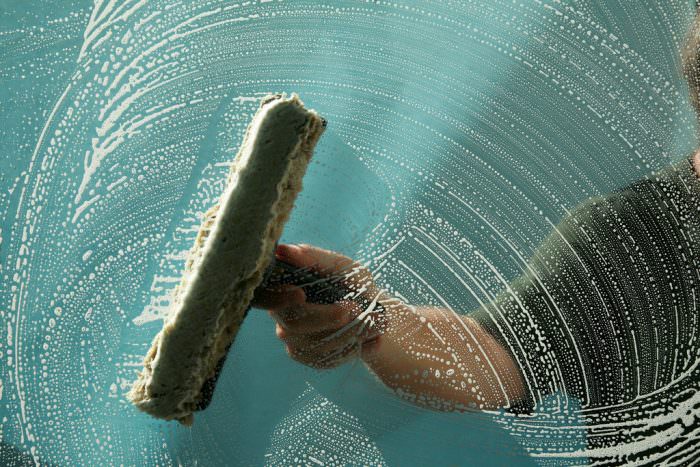
How to choose a window cleaner?
Coral Windows asks: how to find a window cleaner
Picture the scene, you’ve had your new Coral Windows installed, and you want to keep them looking as good as the day they were fitted. Here at coral we’re experts at helping keep glass looking its best and we’ve given you a surefire checklist to ensure you keep your new Coral Windows or Conservatory looking as good as new for years to come.
Sparkly clean windows are a sure fire way to improve the look of your home. They give your house a fresh look, a welcoming feel and allows oodles of natural sunlight to come flooding through. Doing a DIY job can take a huge amount of time, and even after you’ve managed to clean just the downstairs windows you can often find they still look streaky and patchy. This is why most people find it a worthwhile investment to have a trustworthy, reliable window cleaner who has the products, experience and equipment to do a superior job.
Safety
Safety of employees will be a priority for any reputable window cleaning company. Risks are high when it comes to cleaning windows and therefore it is essential they have liability insurance. If you are at all unsure whether they have it, request to see a copy and if they can’t produce the goods then do NOT use them.
Professionalism
The vast majority of window cleaners are professional, hard working, reliable and value their customers but as with any profession there are cowboys out there and the last thing you want is to get ripped off by shoddy workmanship and deceptive practices.
Price
There are a few things to consider when thinking about the cost of hiring the services of a window cleaner. Prices can vary a great deal according to location, frequency, size of your house and the number of windows you have.

How to Choose a Window Cleaning Company
Interior and exterior window cleaning is part of basic building maintenance. Many homeowners decide to hire a professional window cleaning crew rather than do the job themselves, in addition to other spring cleaning activities. Hiring a professional, reliable window cleaner is worth the extra time you’ll need to spend screening several companies.
Get Several Quotes
The first step in choosing a window cleaning company is to contact several window cleaning companies in your area. Each company should send a uniformed representative to your home to inspect the windows and speak to you about any specific concerns you have before giving you a written quote.
Ask for Proof of Insurance
Any window cleaning company should carry both liability and workers compensation insurance for all of its employees. This protects you in case a window cleaner is injured while working on your property. It also ensures that any damage caused by the window cleaners will be covered by their insurance.
Check References
Ask for references from several of each company’s local window cleaning clients. They should be able to easily provide a list of three to five satisfied clients for you to call. Take the time to call several references from each company you are considering. Ask them specific questions about the quality of work, timeliness, and reliability of the window cleaning company.
Make Your Own Decision
Compare each window cleaning company’s references, price, and services, and decide which one makes the most sense for you. If you are dissatisfied with your original choice, do not be afraid to cancel the service and hire another company on your list the next time you need your windows cleaned.
Tips on choosing a window cleaning company
A professional window cleaning company will save you time, money and reach those windows that you can’t reach. We all like to see the wide world, especially when doing the home duties on a clear summers day. Achieving the results you desire, may require professional assistance.
Don’t climb your ladder, without safety equipment. Hire a professional, here are some invaluable considerations before attempting to clean your own windows.
Safety – Are you being honest when you say you can clean your windows safely? Are you able to reach all the windows, even those above a roof, or extension?
Time – Do you have the correct equipment and experience to carry the job out in a safe and timely manner? Hiring a professional will save you on time and proficiency.
Quality – We have all seen the gadgets currently available on the market, firstly they are not designed for external window cleaning above ground floor. Does you equipment purchased at a local convenience store leave streaks? There is a reason professionals use professional equipment, like water fed pole window cleaning, safe and streak free
Always ask you window cleaner for credentials
No matter the tradesman you’re hiring, ask for details of their insurance, this way you know you’re hiring a profitable company with your and their best interests at heart.
Ask to see where you can read reviews from other existing clients, getting to know another persons experience of a company you’re considering to hire is invaluable.
Ask to see expamples of their quality of work, either photos on a social media or websites, or videos on youtube of their work.
Ask about other work, most window cleaners have access equipment and licences for plant equipment, this provides a good point of access for those jobs most households find difficult to complete. For example, gutter clearance and cleaning, solar panel cleaning, conservatory roof cleaning, cladding cleaning, some window cleaning companies even offer an internal window cleaning service.
Move fragile or heavy items, keep a clean and tidy work area for those who you invite into your personal spaces. Most window cleaners prefer items such as large garden furniture to be moved, providing clear access to the properties windows. Moving items will also prevent those simple accidents from taking place, move those flower pots and ornaments to prevent damage and make life easier from the operator.



